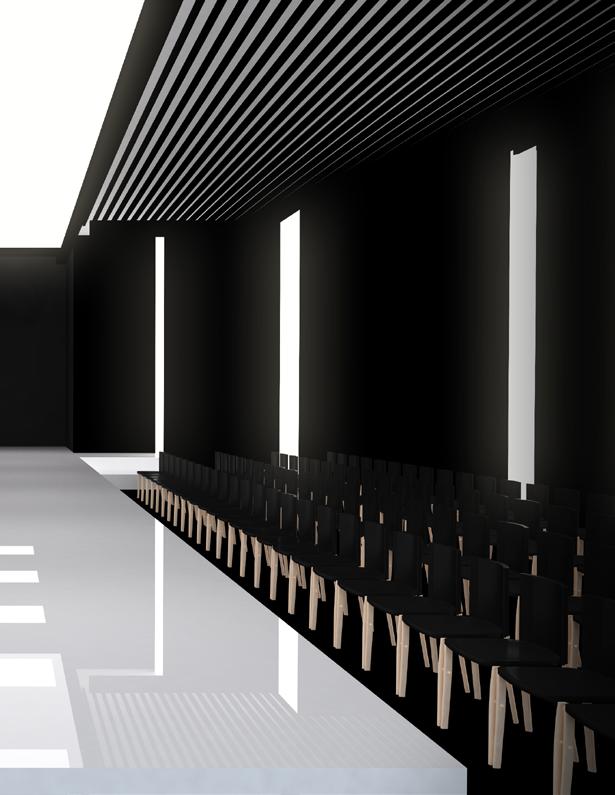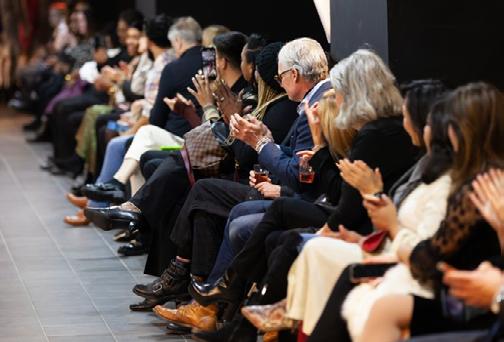“Fashion
in Chicago isn’t about following trends—it’s about creating a distinctive voice that reflects our city’s unique creative energy.”
-Tony Long

Tony Long, CEO

“Fashion
in Chicago isn’t about following trends—it’s about creating a distinctive voice that reflects our city’s unique creative energy.”
-Tony Long

Tony Long, CEO
In an industry that thrives on separation—separate schools for education, separate agencies for talent, separate companies for production—FASHIONBAR has pioneered an integrated approach that’s transforming how fashion careers develop in Chicago.
Chicago fashion stands apart through its distinctive blend of Midwestern practicality and cosmopolitan sophistication. Where coastal fashion often embraces extremes, Chicago’s aesthetic reflects the city itself: architecturally inspired, seasonally adaptive, and authentically diverse. FASHIONBAR champions this unique voice by encouraging designers who understand both creative expression and wearable function, models who represent genuine diversity rather than narrow industry standards, and production that showcases Chicago’s iconic urban landscape as a backdrop for fashion innovation.
Central to FASHIONBAR’s mission is developing Chicago’s distinctive fashion voice. Rather than importing aesthetic standards from coastal fashion capitals, FASHIONBAR celebrates and amplifies what makes Chicago’s approach unique.
“Chicago fashion has a pragmatic creativity that reflects our Midwestern values,” notes Tony Long. “There’s an authenticity here, a genuine connection between design and life that you don’t always find in more trend-obsessed markets. We’re not interested in being New York or L.A.—we’re interested in being the best version of Chicago.”
This commitment to local identity hasn’t isolated FASHIONBAR from the broader fashion world. Instead, it’s created a distinctive point of view that attracts attention precisely because it’s authentic rather than derivative. As FASHIONBAR continues to evolve, its ecosystem approach remains the foundation of everything it does— creating connections where others create separation, building community where others build competition, and developing Chicago’s fashion voice one authentic professional at a time.
“We’re not trying to replicate New York or Los Angeles, Chicago has its own fashion perspective—pragmatic yet creative, sophisticated yet accessible. We’re giving that perspective the platform it deserves.”
-Tony Long
The traditional fashion industry is notorious for its gatekeepers. From exclusive design schools with prohibitive tuition to modeling agencies with narrow beauty standards, the barriers to entry have historically prevented diverse talents from flourishing. FASHIONBAR was founded to dismantle these barriers.
“We’ve created multiple entry points for fashion professionals at every stage of development,” explains Creative Director Maya Winters. “Whether you’re a self-taught designer seeking production support, a model looking for ethical representation, or a fashion enthusiast wanting to understand the industry from the inside, there’s a place for you in our ecosystem.”
What makes FASHIONBAR unique is how its services connect. Education doesn’t happen in isolation from production; representation doesn’t operate separately from brand development. Instead, each element feeds into the others, creating a seamless developmental journey. For designers, this means learning technical skills while simultaneously building industry connections. For models, it means developing professional capabilities while immediately applying them in authentic production environments. For photographers and stylists, it means honing craft while building portfolios with real designers and models. Studies show that fashion professionals in integrated environments are 40% more likely to establish sustainable careers than those navigating fragmented systems. FASHIONBAR’s ecosystem approach isn’t just convenient—it’s demonstrably more effective.
In a corner of FASHIONBAR’s studio space, design student Alicia Martinez carefully adjusts the drape of a silk gown while photographer Jesse Kim captures the process. Nearby, instructor Gabrielle Washington provides guidance not just on the technical aspects of the draping but on how the garment will photograph for the designer’s portfolio. This isn’t a simulated exercise—it’s a real commission for an upcoming collection. “We don’t just teach fashion—we immerse you in it,” explains Education Director Gabrielle Washington. “The difference is clear in the work our students produce.”
FASHIONBAR’s educational approach begins with a simple premise: fashion isn’t learned in isolation. While technical skills form the foundation of any fashion career, FASHIONBAR integrates these skills into realworld applications from day one.
“Traditional fashion education often creates a gap between graduation and professional work,” notes Washington. “Students learn
in classroom environments for years, then suddenly face a real-world industry that operates by different rules. We’ve eliminated that gap by bringing industry practices directly into the educational experience.”
This integration means students work on actual productions, collaborate with practicing professionals, and build portfolios of real work rather than classroom exercises. The results speak for themselves: 85% of FASHIONBAR’s educational program graduates report feeling “industry-ready” upon completion, compared to 43% of traditional fashion school graduates.
FASHIONBAR’s educational programs are led by working professionals rather than career academics. This expert network brings current industry knowledge and active connections to the learning environment.
Design instructor Marcus Reynolds splits his time between teaching at FASHIONBAR and running his acclaimed menswear label. “I’m teaching techniques I used in last month’s collection, not methods I learned a decade ago,”

SHOWCASE DESIGNER SHOWCASE DESIGNER SHOWCASE DESIGNER SHOWCASE
DESIGNER SHOWCASE DESIGNER SHOWCASE DESIGNER SHOWCASE
Marcus Johnson’s journey reflects how FASHIONBAR embraces non-traditional fashion paths. Without formal fashion education, Johnson built a small following creating custom streetwear pieces from his apartment. “I had ideas and raw talent, but no structure or system to scale beyond one-off creations,” Johnson shares.
FASHIONBAR’s educational programs helped Johnson develop technical skills and production knowledge while preserving his
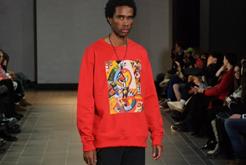
authentic creative voice. The community connections provided access to local textile sources, manufacturing partners, and marketing channels typically unavailable to selftaught designers.
“They didn’t try to polish away my street aesthetic,” Johnson emphasizes. “Instead, they gave me tools to express it more effectively and reach wider audiences while staying true to my roots.”
Johnson’s URBAN CIPHER brand now employs three people and has been featured in regional publications celebrating innovative Chicago design.
His latest collection, developed with FASHIONBAR’s production support, incorporates architectural elements from Chicago’s South Side, creating streetwear that tells authentic community stories.
“I had ideas and raw talent, but no structure or system to scale beyond oneoff creations,”
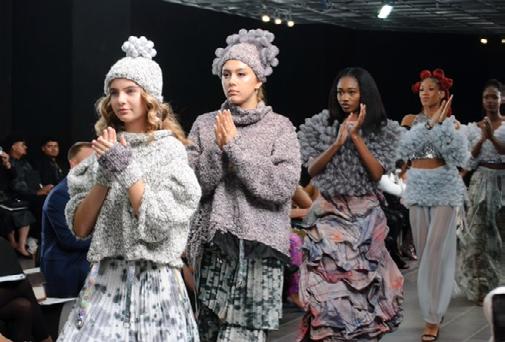
On a typical Tuesday evening at FASHIONBAR, the main space transforms into a buzzing hub of creative exchange.
Photographers consult with models about
portfolio updates. Designers share fabric sourcing tips with students. Makeup artists demonstrate techniques to an attentive audience. This is FASHIONBAR’s community
